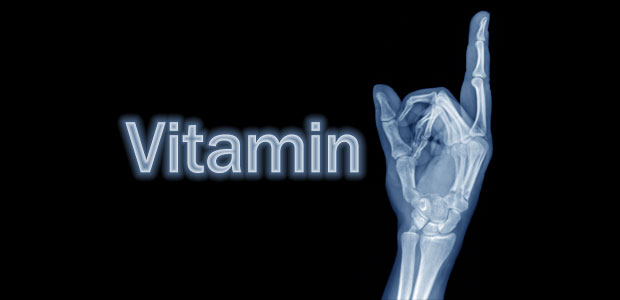Advertisement
Vitamin D for Healthy Bones
An enormous body of scientific research supports the link between vitamin D and bone health. Yet many adults don’t get enough of it. Do you? How vitamin D promotes healthy bones Vitamin D has many important roles in the body, including the modulation of cell growth and reduction of inflammation. Plus, it contributes to neuromuscular … Continued

An enormous body of scientific research supports the link between vitamin D and bone health. Yet many adults don’t get enough of it. Do you?
How vitamin D promotes healthy bones
Vitamin D has many important roles in the body, including the modulation of cell growth and reduction of inflammation. Plus, it contributes to neuromuscular and immune function modulation. But its claim to fame is its beneficial effects on bones.
Vital for bone growth, Vitamin D promotes calcium absorption. It helps maintain adequate blood levels of calcium and phosphate, which are imperative for bone formation, growth, repair, and mineralization.
Without enough vitamin D, bones can become thin, brittle, or soft. Sufficient levels of vitamin D prevent rickets in children and osteomalacia in adults. Both conditions involve a lack of vitamin D or a failure to properly use vitamin D that results in the softening of bones.
Vitamin D deficiency also contributes to osteopenia, low bone density that may increase the risk of developing osteoporosis.
Are you getting enough?
Vitamin D is produced by the body when ultraviolet rays from the sun strike bare skin, hence its “sunshine vitamin” nickname. But too much time in the sun elevates the risk of skin cancer, so relying on rays isn’t a good way to get adequate levels. Additionally, those who live in Northern latitudes may not be able to obtain sufficient levels of vitamin D when the sun’s rays are weaker in the fall and winter.
Very few foods contain vitamin D naturally. The best source is the flesh of fatty fish, such as salmon, mackerel, and tuna. Liver is another good source, as are cheese and egg yolks.
However, fortified foods provide much of the vitamin D in the North American diet. Items such as milk, breakfast cereal, orange juice, and yogourt often contain added vitamin D. It’s also added to infant formula.
Vitamin D deficiency can be prevented by adequate supplementation. The Canadian Cancer Society suggests that adults should ingest 1,000 IU of vitamin D per day during fall and winter months.
People who are especially prone to vitamin D deficiency are those who have dark skin, who are older, who spend little time outdoors, or who wear clothing that covers most of their skin. The Canadian Cancer Society recommends that these individuals supplement with 1,000 IU of vitamin day throughout the year.





